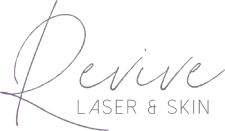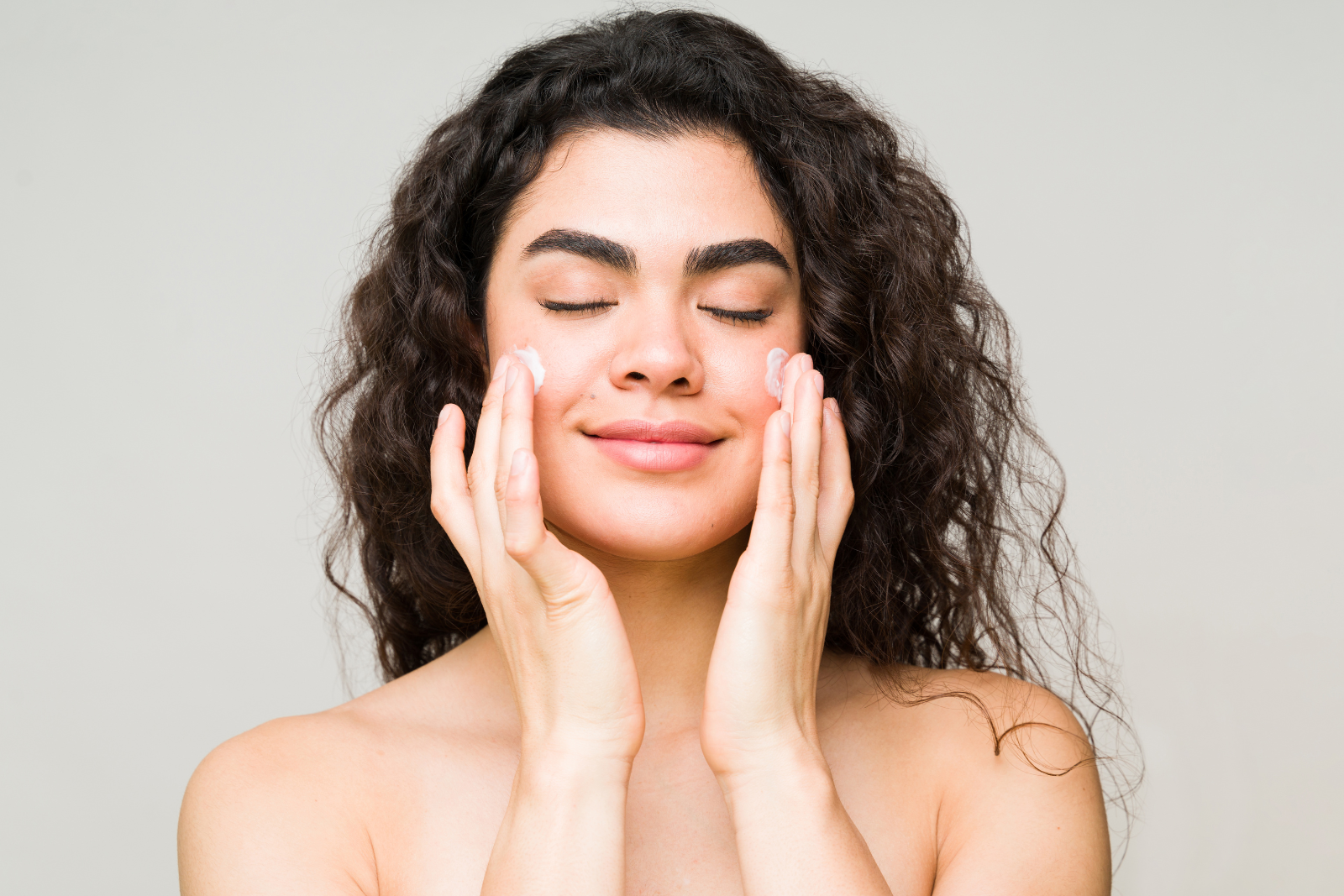Sunscreen is an essential product for protecting our skin from the harmful effects of the sun’s ultraviolet (UV) radiation. It helps prevent skin damage, premature aging, and skin cancer. However, not all sunscreens are created equal. There are two main types of sunscreen available: mineral and chemical. In this blog, we will explore the benefits of mineral sunscreen and why it is a better option than chemical sunscreen.
What is Mineral Sunscreen?
Mineral sunscreen, also known as physical sunscreen, is made from natural minerals such as titanium dioxide and zinc oxide. These minerals create a physical barrier on the skin’s surface that reflects UV rays away from the skin. Mineral sunscreen sits on top of the skin and is not absorbed into the body. These minerals REFLECT the harmful UV rays away from the skin.
What is Chemical Sunscreen?
Chemical sunscreen, on the other hand, contains synthetic chemicals that ABSORB UV rays and convert them into heat, which is then released from the body. The most common chemicals used in chemical sunscreens are avobenzone, oxybenzone, and octinoxate. Some of these chemicals are considered by some to be unsafe and are known to break down when exposed to UV, which is why it is necessary to constantly re-apply.
Why is Mineral Sunscreen Better?
-
Provides Broad-Spectrum Protection
One of the most significant benefits of mineral sunscreen is that it provides broad-spectrum protection against both UVA and UVB rays. UVA rays penetrate deep into the skin and can cause long-term skin damage and aging, while UVB rays cause sunburn and can contribute to skin cancer. Mineral sunscreen provides a physical barrier that reflects both UVA and UVB rays away from the skin.
Chemical sunscreens, on the other hand, often only protect against UVB rays and may not offer adequate protection against UVA rays.
-
Safe for Sensitive Skin
Mineral sunscreen is generally safe for all skin types, including sensitive skin. Because it sits on top of the skin, it is less likely to cause skin irritation or allergic reactions. Mineral sunscreen is also non-comedogenic, meaning it won’t clog pores or cause breakouts.
Chemical sunscreens, on the other hand, can cause skin irritation and allergic reactions, especially for those with sensitive skin. Some chemical sunscreens contain ingredients that are known to cause skin allergies, such as oxybenzone.
-
More Environmentally Friendly
Mineral sunscreen is also more environmentally friendly than chemical sunscreen. Chemical sunscreens can be harmful to aquatic life, particularly coral reefs. The chemicals in these sunscreens can bleach coral and disrupt the ecosystem. In contrast, mineral sunscreen is not harmful to aquatic life and does not contribute to coral bleaching.
In fact, Hawaii and Key West have already banned the sale of chemical sunscreens that contain oxybenzone and octinoxate due to their harmful effects on coral reefs. Instead, they have mandated the use of mineral sunscreens.
-
Longer Shelf Life
Mineral sunscreen has a longer shelf life than chemical sunscreen. Because it sits on top of the skin, it is less likely to break down or degrade over time. This means that mineral sunscreen can be effective for up to three years from the date of purchase.
Chemical sunscreens, on the other hand, can degrade over time, particularly if exposed to heat or sunlight. This can reduce their effectiveness, making it more important to check expiration dates and replace them regularly.
-
Does Not Absorb into the Body
One of the biggest concerns with chemical sunscreen is that the chemicals can be absorbed into the body. Some studies have suggested that some of the chemicals used in chemical sunscreen can disrupt hormones or have other harmful effects on the body.
Mineral sunscreen, on the other hand, sits on top of the skin and is not absorbed into the body. This makes it a safer option for those who are concerned about the potential health effects of chemical sunscreen. Minerals are also safe and natural and zinc has been known to be beneficial for the skin with its natural wound healing and anti-bacterial properties.
Conclusion
Overall, mineral sunscreen is a MUCH better option than chemical sunscreen. It provides broad-spectrum protection against both UVA and UVB rays, is safe for sensitive skin, is more environmentally friendly, has a longer shelf life, and does not absorb into the body.
While chemical sunscreens may be more convenient or affordable or leave less white cast on the skin, the potential risks and negative impacts on the environment make them a less attractive option.
It’s important to note that not all mineral sunscreens are created equal, and some may contain other harmful ingredients. When choosing a mineral sunscreen, it’s important to look for products that contain only natural minerals and avoid those that contain nanoparticles, which can potentially be absorbed into the body. It’s also important to choose a sunscreen with an SPF of at least 30 and to reapply every two hours, especially when swimming or sweating.
In conclusion, protecting our skin from the harmful effects of the sun is crucial for maintaining healthy skin and reducing the risk of skin cancer. While there are many options available for sunscreen, choosing a mineral sunscreen is the safer and more environmentally friendly choice. By making the switch to mineral sunscreen, we can protect ourselves and our planet from harm.
Contact Revive Laser and Skin Clinic today for skincare recommendations. Make an appointment here!

